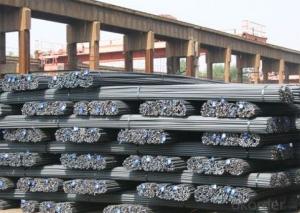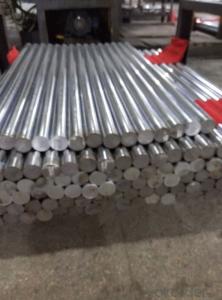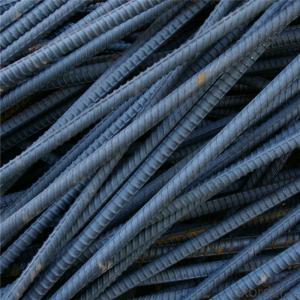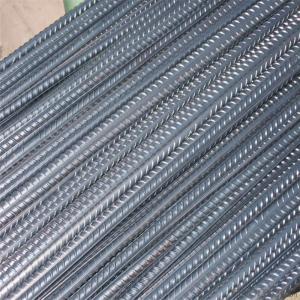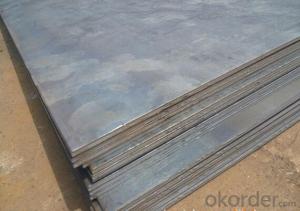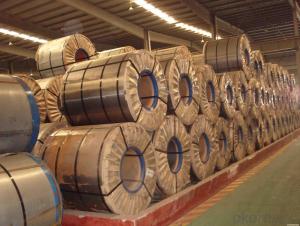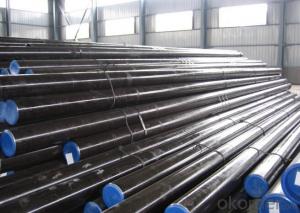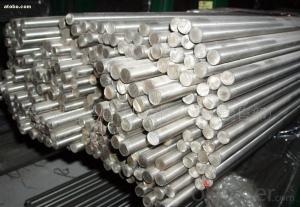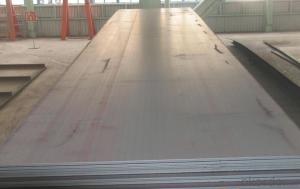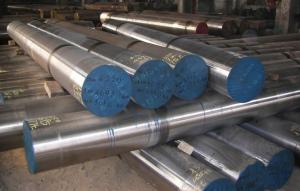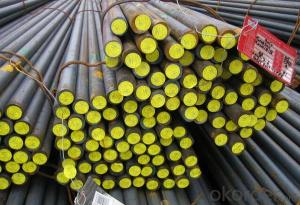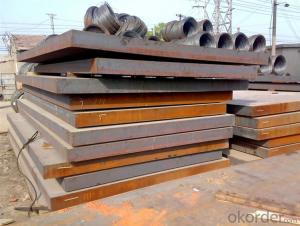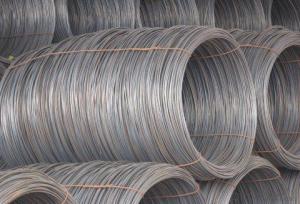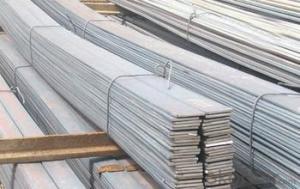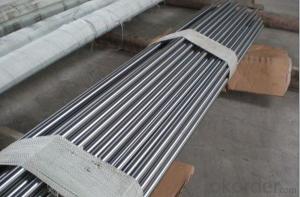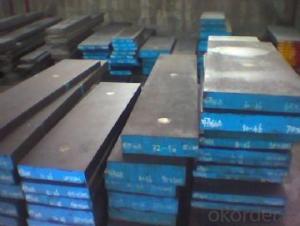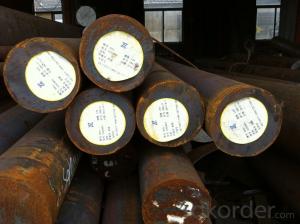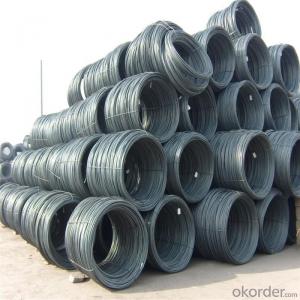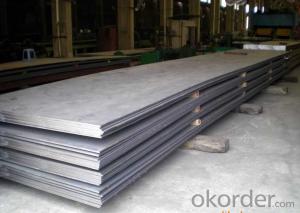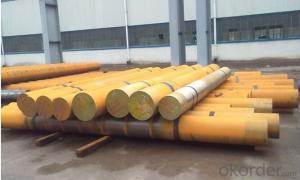All Categories
- - Steel Wire Rod
- - Steel Coils
- - Steel Profiles
- - Steel Pipes
- - Stainless Steel
- - Tinplate
- - Special Steel
- - Steel Sheets
- - Steel Rebars
- - Steel Strips
- - Hot Rolled Steel
- - Cold Rolled Steel
- - Pre-painted Steel
- - Seamless Steel Pipe
- - Welded Steel Pipe
- - Hollow Steel Tubes
- - Galvanized Pipe
- - Stainless Steel Coil
- - Stainless Steel Sheet
- - Stainless Steel Plate
- - Stainless Steel Strips
- - Electrolytic Tinplate Coil
- - Electrolytic Tinplate Sheet
- - Stainless Steel Rebars
- - Solar Panels
- - Solar Water Heater
- - Solar Related Products
- - Solar Inverter
- - Solar Cells
- - Solar Light
- - Solar Energy Systems
- - Solar Controllers
- - Solar Mounting System
- - Solar Pump
- - Solar Chargers
- - Fiberglass Chopped Strand
- - Fiberglass Mesh Cloth
- - Composite Pipes
- - FRP Pultrusion Profiles
- - Fiberglass Mat Tissue
- - Fiberglass Fabrics
- - Fiberglass Mesh
- - Composite Tank
- - Fiberglass Mesh tape
- - Polymer
- - FRP Roofing Panel
- - Fiberglass Roving
- - Monolithic Refractories
- - Ceramic Fiber Products
- - Refractory Bricks
- - Raw Materials For Refractory
- - Suspended Platform
- - Cranes
- - Concrete Machinery
- - Earthmoving Machinery
- - Building Hoist
- - Road Building Machinery
- - Plastic Pipe Fittings
- - Plastic Tubes
- - Plastic Sheets
- - Agricultural Plastic Products
- - Plastic Nets
 All Categories
All Categories
Q & A
What is the role of chromium in the corrosion resistance of stainless steel?
Chromium plays a crucial role in enhancing the corrosion resistance of stainless steel. It forms a passive oxide film on the surface of the steel, known as chromium oxide (Cr2O3), which acts as a protective barrier against corrosive agents. This oxide layer is self-healing and prevents further oxidation or rusting, making stainless steel highly resistant to corrosion in various environments. The higher the chromium content in stainless steel, the better its corrosion resistance capabilities, making it a preferred choice in industries where resistance to corrosion is vital, such as in marine environments or food processing.
Explain the use of steel in the automotive industry to enhance safety and crash performance.
Steel is widely used in the automotive industry for enhancing safety and crash performance due to its exceptional strength and durability. In automotive design, steel is strategically utilized in various components, such as the body structure, frame, and reinforcements, to provide a high level of rigidity and protect occupants during collisions. By absorbing and distributing impact forces, steel helps minimize the deformation of the passenger compartment, reducing the risk of injuries. Additionally, the use of advanced high-strength steels (AHSS) allows for the creation of lighter vehicle structures, which improves fuel efficiency without compromising safety. Overall, steel's superior mechanical properties make it a crucial material for enhancing safety and crash performance in automobiles.
How does the addition of boron improve the hardenability of steel?
The addition of boron improves the hardenability of steel by forming hard, wear-resistant borides during the heat treatment process. These borides act as nucleation sites for the formation of fine-grained, high-strength martensite, which enhances the steel's ability to be hardened to greater depths. Additionally, boron aids in the retention of carbon during the quenching process, preventing the formation of softer phases such as pearlite or ferrite, further contributing to the steel's overall hardness and strength.
What is quenching, and why is it important in steel production?
Quenching is a heat treatment process in steel production that involves rapidly cooling the heated metal to enhance its mechanical properties. This process is crucial because it helps to increase the hardness and strength of the steel, making it more durable and resistant to wear and tear. Quenching also helps to refine the microstructure of the steel, improving its overall performance and functionality in various applications.
Wholesale Special Steel from supplier in Slovenia
With our comprehensive sales, quotation, and technical support services, we are confident in our ability to meet your Special Steel needs in Slovenia. As a subsidiary of CNBM, a Fortune Global 500 company, we have the resources and expertise to provide one-stop procurement services for Special Steel products.
Slovenia's natural beauty, strong economy, and well-developed industrial sector make it an ideal market for Special Steel products. We have a deep understanding of the Slovenian market and its unique requirements, allowing us to offer tailored solutions that meet your specific needs.
Our team of experts will work closely with you throughout the entire procurement process, from product selection to technical support. We have established relationships with trusted suppliers, ensuring the highest quality of Special Steel products for your projects.
Whether you are in the construction, engineering, or manufacturing industry, we are here to assist you. We are committed to delivering excellent customer service and exceeding your expectations. Partner with us for all your Special Steel needs in Slovenia and experience the benefits of our extensive product range, competitive pricing, and unrivaled expertise.
Trust us to be your reliable partner in achieving success in the Slovenian market. Contact us today to discuss your requirements and let us help you find the best Special Steel solutions for your projects.
Slovenia's natural beauty, strong economy, and well-developed industrial sector make it an ideal market for Special Steel products. We have a deep understanding of the Slovenian market and its unique requirements, allowing us to offer tailored solutions that meet your specific needs.
Our team of experts will work closely with you throughout the entire procurement process, from product selection to technical support. We have established relationships with trusted suppliers, ensuring the highest quality of Special Steel products for your projects.
Whether you are in the construction, engineering, or manufacturing industry, we are here to assist you. We are committed to delivering excellent customer service and exceeding your expectations. Partner with us for all your Special Steel needs in Slovenia and experience the benefits of our extensive product range, competitive pricing, and unrivaled expertise.
Trust us to be your reliable partner in achieving success in the Slovenian market. Contact us today to discuss your requirements and let us help you find the best Special Steel solutions for your projects.
